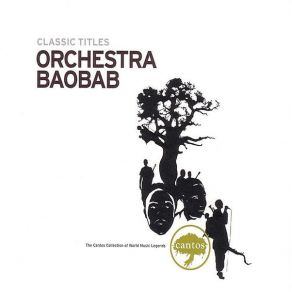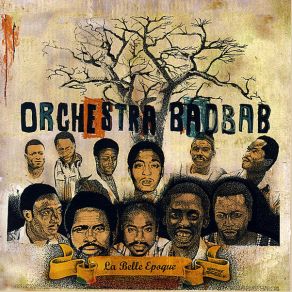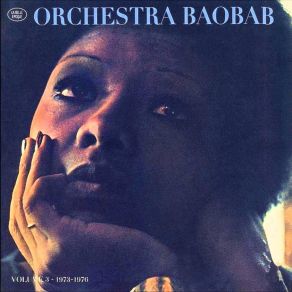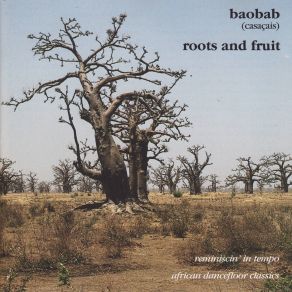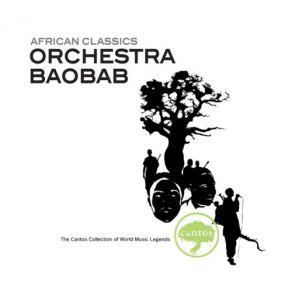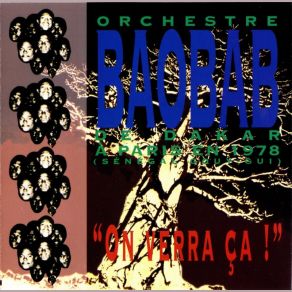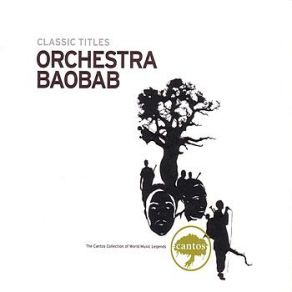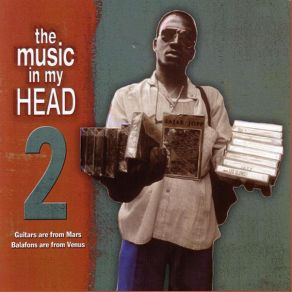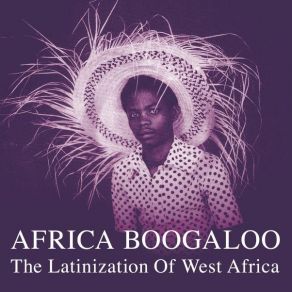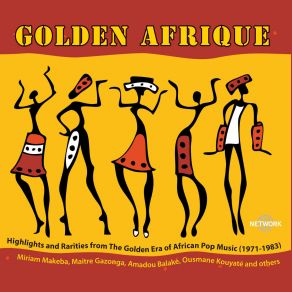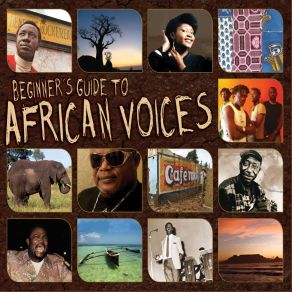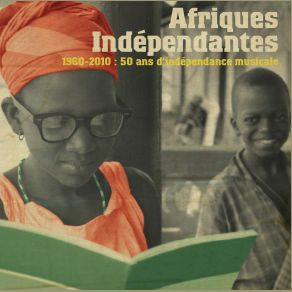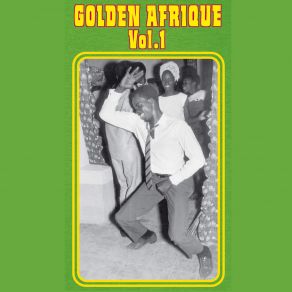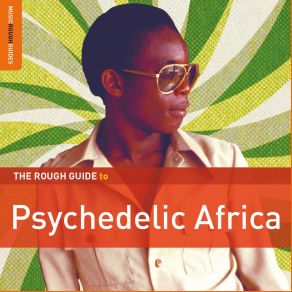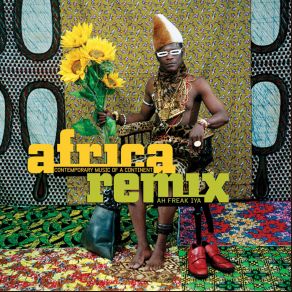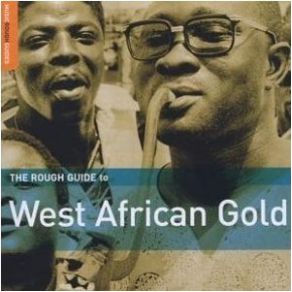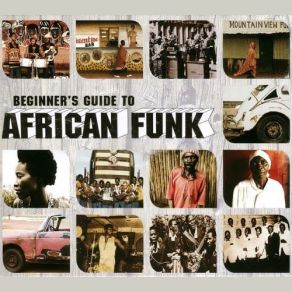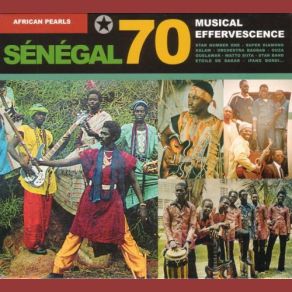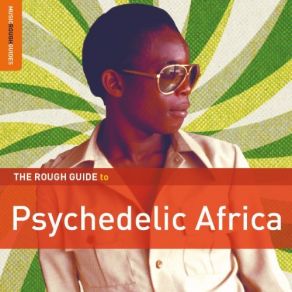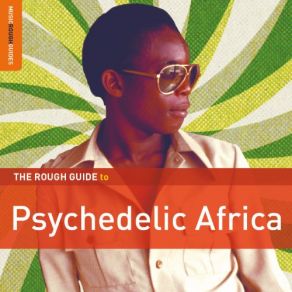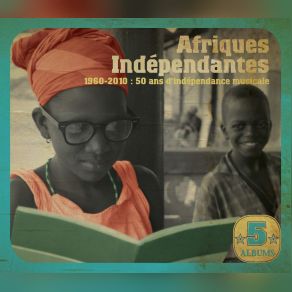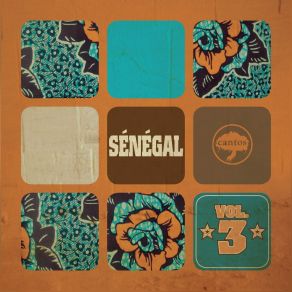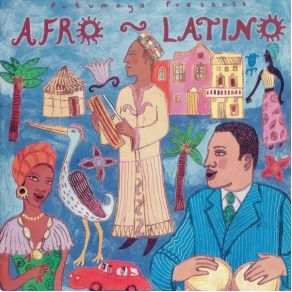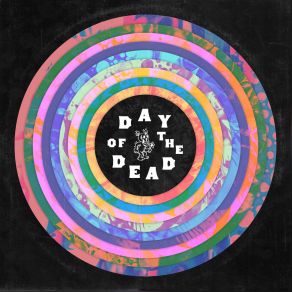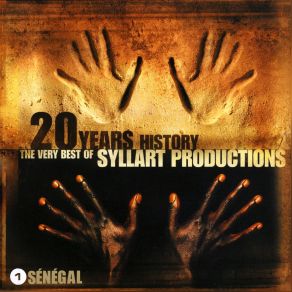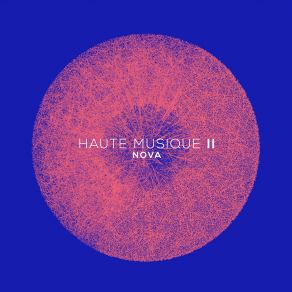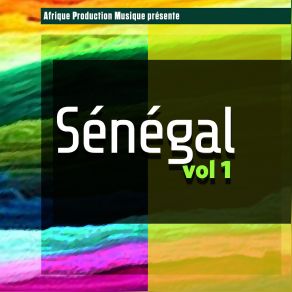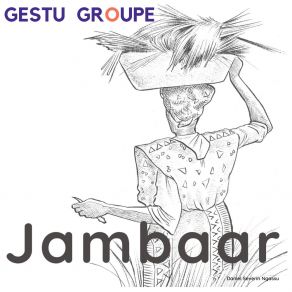Orchestra Baobab
Wikimp3 information about the music of Orchestra Baobab. On our website we have 27 albums and 29 collections of artist Orchestra Baobab. You can find useful information and download songs of this artist. We also know that Orchestra Baobab represents World Music genres.
Biography
[Edit]From inauspicious beginnings as the weekend house band at a Dakar club for government officials, Senegal's Orchestra Baobob, named for the club (which in turn took its name from the native baobob tree), went on to become one of the seminal bands of world music, with an influence that extended far beyond their national boundaries, throughout West Africa and into Europe. Put together by original leader and saxophonist Baro N'Diaye, the first version was a seven-piece group, three of them enticed away from Dakar's biggest band, the Star Band, who had a regular gig at Ibra Kasse's club. While they had a strong Cuban influence — Cuban music had been a prevalent sound throughout West Africa since the '40s, imported by sailors and played on the radio — Orchestra Baobob added African music, in large part from griot singer Laye M'Boup, who had a vast repertoire of Wolof material. It wasn't long before the new sound proved so popular that the group wasn't just entertaining on weekends, but every night of the week, being hailed on par with Guinea's legendary Bembeya Jazz for their fusion of sounds. Inevitably, personnel fluctuated and the new musicians brought their own influences, expanding the feel and range of the band with Maninke and Malinke songs, which became integrated into the whole. Perhaps the most important addition was singer Thione Seck, who took over the lead vocalist spot after the death of M'Boup in a 1974 car wreck (although several rumors concerning a jealous husband surrounded his death). They continued to play the Baobob Club regularly, but also entertained at state occasions, such as official New Year's Eve dances and even at the wedding of designer Pierre Cardin's daughter in Paris. Finally, the Baobob Club closed in 1979 (some histories say 1977) and the band went on to make their home at the Ngalam nightclub (or the Djandeer Club, according to some historians). Also during this time, they tried to make their mark in Europe by traveling to Paris in 1978. They recorded On Vera Ca: The 1978 Paris Sessions, one of their best discs and certainly the best-produced, although it leaned too heavily on their Spanish-language material. Other than that, the trip proved to be a disaster, losing money, and they returned home. At the beginning of the '80s, they were indisputably Senegal's biggest band, commanding fees of about $4,500 for a single show. They recorded regularly (two albums, Mouhamadou Bamba and Sibou Odia were edited into Bamba, a 1983 U.S. release), and continued to stretch their limits by bringing in more African influence, which reached its height with the classic Pirates Choice of 1982. But change was on the horizon; their time was beginning to fade as another alumnus of the Star Band, young Youssou N'Dour, was bringing out a new, energetic sound called mbalax, which quickly electrified Dakar and made the more languid Orchestra Baobob seem old and dated. They tried to compete by updating their sound, but it didn't work. Even the 1985 introduction of two female singers didn't change the situation and by 1987, Orchestra Baobob had disbanded. However, everything comes full circle and in 2001, with the European reissue of an expanded Pirates Choice (2002 U.S.), Orchestra Baobob, older and wiser, re-formed and played dates around the globe, going into the studio to make a new album — produced by the man responsible for their fall from grace, Youssou N'Dour.
Collections
Title: The Music In My Head, Vol. 2
Genre: Rock, World Music
Title: Africa Boogaloo
Genre: World Music, Latin
Title: African Moves, Vol. 3
Genre: World Music
Title: Rough Guide to West African Gold
Genre: World Music
Title: Golden Afrique, vol. 1 (Bolibana Collection)
Genre: World Music
Title: Afriques indépendantes / Afriques independantes
Genre: World Music
Title: Rough Guide to Senegal
Genre: World Music
Title: Golden Afrique, Vol. 1
Genre: World Music
Title: Rough Guide to Psychedelic Africa
Genre: World Music
Title: From Dakar to Cuba Swinging to the Rumba
Genre: World Music
Title: Africa Remix
Genre: Pop
Title: Africa Boogaloo - The Latinization Of West Africa
Genre: World Music, Latin, Rumba
Title: The Rough Guide To Afro - Cuba
Genre: Latin
Title: The Best Of Latina Music (Cd2)
Genre: Latin, Theatre/Soundtrack
Title: The Rough Guide To West African Music
Genre: World Music
Title: The Rough Guide To The Music Of Senegal & Gambia
Genre: World Music, Ethnic
Title: The Rough Guide To West African Gold
Genre: World Music
Title: Beginner's Guide To African Funk (CD1)
Genre: Soul, World Music, Funk
Title: African Pearls- Sénégal 70 - Musical Effervescence (CD1)
Genre: Soul, World Music, Funk, Folk
Title: The Rough Guide To Psychedelic Africa (CD1)
Genre: World Music, Funk, Psychedelic
Title: La Boîte Noire De Radio Nova 1977
Genre: Rock, Reggae, Latin, Theatre/Soundtrack, Funk
Title: Analog Africa N° 19 - Senegal 70
Genre: Blues, World Music, Ethnic , Arabic Music
Featuring albums
Title: De Dakar à Cuba on danse la rumba / De Dakar a Cuba on danse la rumba
Artist: Various Artists
Genre: World Music

